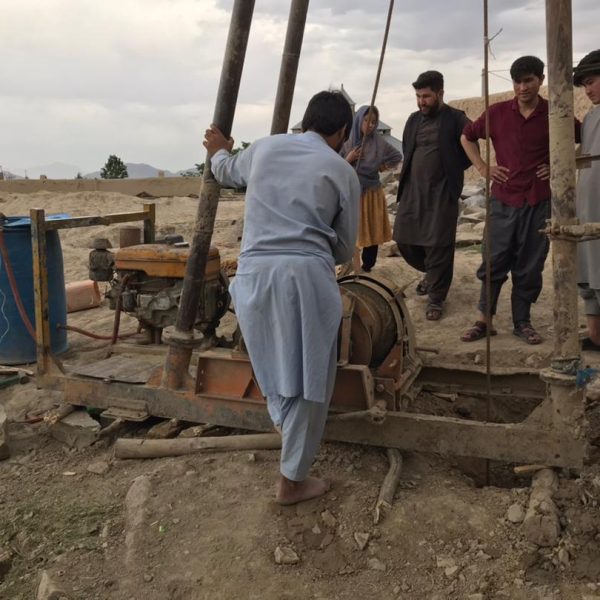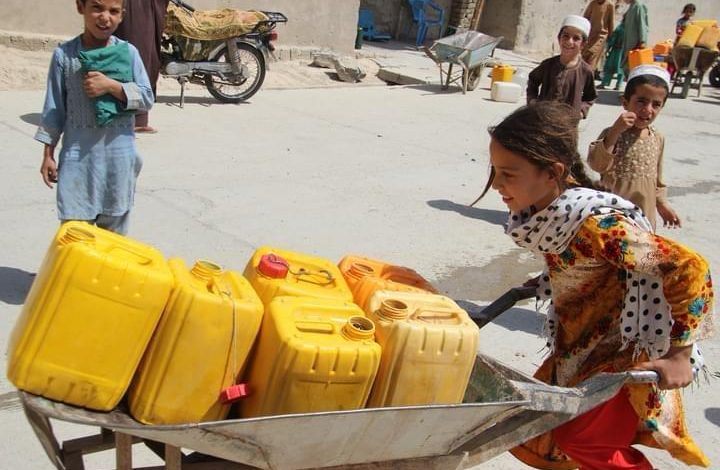Water Problem in Afghanistan
In the arid and often challenging terrain of Afghanistan’s backward areas, access to clean and safe water remains a critical concern, impacting the health and well-being of communities. Installing water tube wells can be a transformative solution, providing a sustainable source of water that is vital for drinking, agriculture, and hygiene. Many of these remote areas face water scarcity issues, with residents often having to travel long distances to access limited water sources. Establishing water tube wells in these regions not only ensures a more reliable water supply but also empowers communities by reducing the burden of water collection, particularly on women and children.
 The implementation of water tube well projects in Afghanistan’s backward areas requires collaboration between local communities, NGOs, and governmental bodies. By investing in such initiatives, we can address the immediate needs of these underserved areas and contribute to the long-term development of the region. Additionally, the introduction of water tube wells can have a positive impact on agriculture, enabling communities to cultivate crops and sustain livestock, ultimately fostering economic growth and food security. Through these efforts, we can bring about positive change, enhancing the quality of life for residents in Afghanistan’s backward areas and promoting a more sustainable and resilient future.
The implementation of water tube well projects in Afghanistan’s backward areas requires collaboration between local communities, NGOs, and governmental bodies. By investing in such initiatives, we can address the immediate needs of these underserved areas and contribute to the long-term development of the region. Additionally, the introduction of water tube wells can have a positive impact on agriculture, enabling communities to cultivate crops and sustain livestock, ultimately fostering economic growth and food security. Through these efforts, we can bring about positive change, enhancing the quality of life for residents in Afghanistan’s backward areas and promoting a more sustainable and resilient future.
Furthermore, the establishment of water tube wells in Afghanistan’s backward areas not only addresses the immediate challenges of water scarcity but also promotes community resilience in the face of climate change. These wells can serve as a lifeline during periods of drought, ensuring that communities have a reliable water source to weather the impacts of changing environmental conditions. Moreover, by involving local residents in the maintenance and management of these tube wells, we foster a sense of ownership and sustainability, empowering communities to safeguard their water resources for generations to come. This integrated approach not only quenches the immediate thirst of these communities but also lays the foundation for a more resilient and water-secure future in Kabul’s backward areas.
